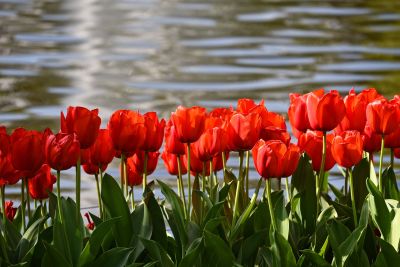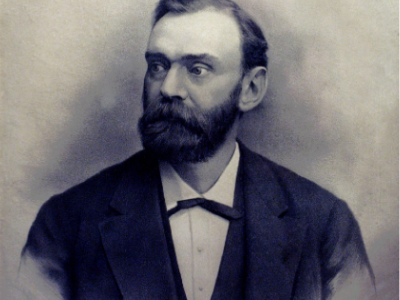Jabir ibn Hayyan (721–815), also known as the “father of chemistry,” produced many works in the fields of medicine, physics, astronomy and philosophy, especially chemistry.
Jabir, who made experimental chemistry studies, is also known as the first person to establish a chemistry laboratory.
The laboratory he used was discovered during a roadwork in Kufe, two centuries after his death. Jabir improved and enhanced the methods used for evaporation, melting and crystallization. Centuries ago, he used methods similar to those used in modern science today.
Jabir’s theories about the atom also drew attention. In the ninth century he put forward the idea that the atom could be split and that there was a huge amount of energy in it.
Although not all of them have survived till now, Jabir has a body of 826 works. 112 of these are applied physics and chemistry, 70 are theoretical chemistry, 144 are physics and chemistry of minerals, 500 are theoretical physics, chemistry, mathematics, astronomy and philosophy.




